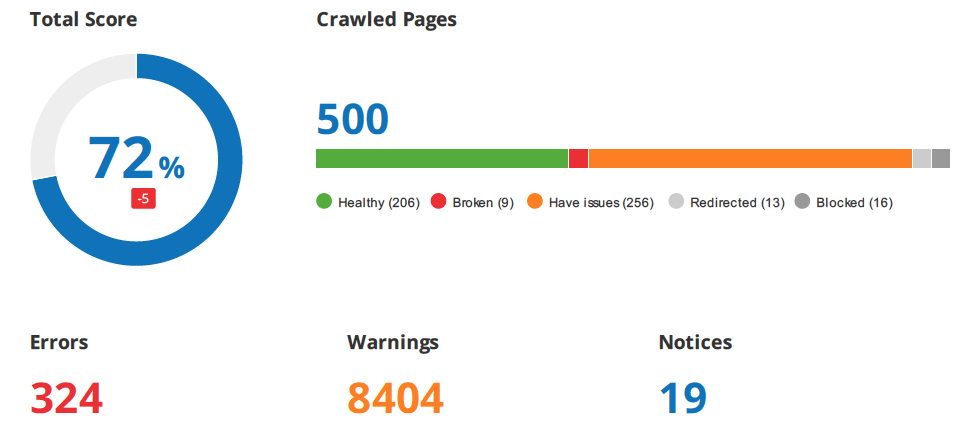The health of your website is pivotal to your business’s success. But how do you verify your website is performing at its best?
Issues like slow loading (pagespeed) times, poor user experience, or suboptimal SEO can significantly impact your online presence. In this guide, we’ll explore the benefits of a DIY website audit using free tools and the advantages of obtaining a professional free website audit from PX Media.
Q1: What are the key indicators of a healthy website? A healthy website is more than just visually appealing. Key indicators include fast page loading speeds, mobile responsiveness, intuitive user experience, high-quality content, and robust SEO optimization. These elements are essential for ranking well on search engines, keeping visitors engaged, and converting them into customers.
Q2: How can audit tools help identify website problems? How can audit tools help identify website problems? Audit tools like Google PageSpeed, SEMrush, and Ahrefs are powerful for diagnosing your website’s health, along with our internal tools. Each tool serves a unique purpose, helping to uncover issues such as technical glitches, broken links, code errors, JavaScript and CSS problems, cache issues, CDN performance, incorrect hosting configurations, DNS records, and more. By analyzing website performance data, these tools provide valuable insights, allowing us to identify areas for improvement and help you make informed decisions to enhance your site’s effectiveness.
Q3: What are the limitations of using DIY audit tools? While DIY audit tools are helpful, they have limitations, especially for non- SEO experts. Interpreting complex results and translating them into actionable strategies can be challenging. Additionally, some nuances and deeper issues might be overlooked without professional expertise.
Q4: How does a professional SEO report differ from a DIY audit? This is where PX Media steps in. Our professional SEO reports go beyond the surface-level analysis provided by most audit tools. We delve deep into your website’s structure, content, and overall strategy, offering personalized recommendations and insights tailored to your business needs. Our expertise allows us to identify mixed results and address issues that automated tools might miss.
Q5: Can professional SEO services identify issues that audit tools can’t? Absolutely. At PX Media, our professional website audit services offer a comprehensive understanding of what issues your website faces, why they’re happening, and enable us to fix them effectively. Our approach includes a thorough analysis of code, and hosting.
Q6: What first steps should a website owner take after identifying issues? Once issues are identified, prioritize them based on their impact on user experience and SEO. Address critical technical problems first, such as site speed and mobile responsiveness. Then, focus on content optimization and SEO enhancements. If you need help figuring out where to start, seeking professional help from PX Media can streamline this process.
Q7: How often should website audits be conducted? Regular audits are vital to maintaining a healthy website. We recommend running a basic audit monthly and a more comprehensive audit annually. This ensures your website remains up-to-date. When hosting with PX Media, we run audits every week, and receive real-time notifications (24/7) of any problems. Allowing us to immediately solve website problems. Note: Google see’s everything, including your website errors, and will drop your overall site rank if left unattended.
Conclusion: Regular website audits, whether DIY or professional, are essential in maintaining a robust online presence. Understanding and addressing your website’s issues can significantly improve performance and search engine ranking.
Ready to take your website to the next level? Contact PX Media today for a comprehensive SEO analysis and tailored strategy to boost your online presence. Visit our contact page or call us at +1 (626) 768-0760 for expert guidance and support in your digital journey.


